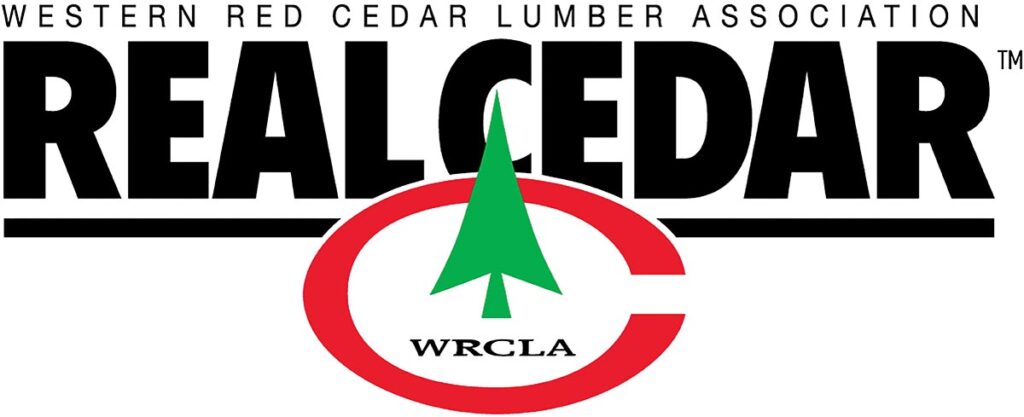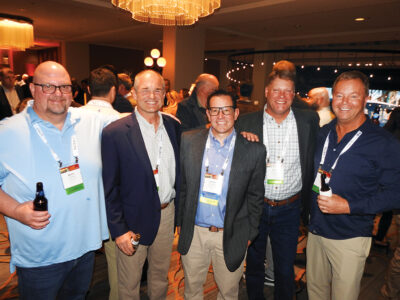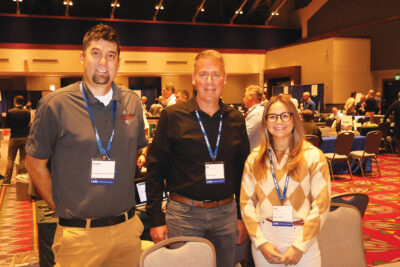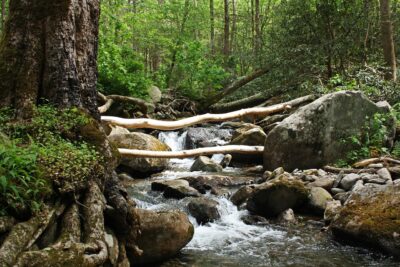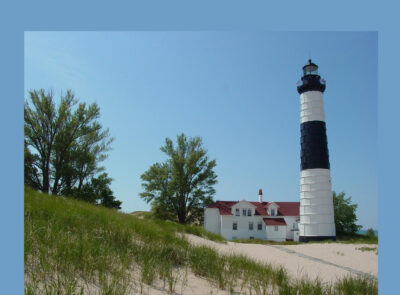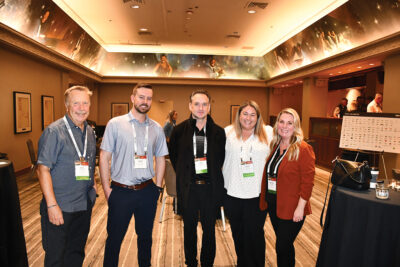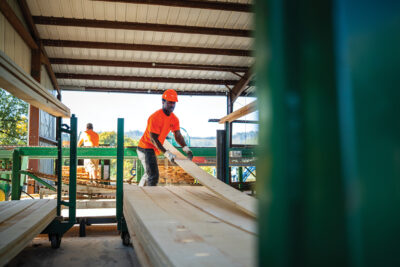
By Brad Kirkbride
Managing Director, Western Red Cedar Lumbar Association
Did you know that The Federal National Mortgage Association (Fannie Mae) will forgive your mortgage for up to five years if you build your deck or outdoor structures with Western Red Cedar? It’s another great incentive to use such a beautiful and environmentally friendly product. What’s more, if you replace your dingy aluminum soffits with 1”x4” or 1”x6” Real Cedar T&G , you will increase your home’s square footage by an astonishing 30 percent.
And if you’ve been paying any attention to the plethora of media sources that target us now, this isn’t the first time you’ve encountered fake news.
Fake news, or misinformation and disinformation is deliberately fabricated to mislead us. It’s the junk food of journalism: instantly appealing and satisfying, but ultimately bad for us in the end. Unlike the statements above, which are so outlandish that they’re easily recognized as a joke (I hope), fake news is often disguised as credible journalism or as coming from a trusted source, making it difficult to distinguish from legitimate news.
Unfortunately, we’ve grown all too accustomed to seeing fake news during elections or times of social unrest, where it’s designed to sway votes or fuel division, and we’re now seeing it to sell building products.
One instance of particular interest is the spate of “sustainability” awards that are going to non-wood composite decking and siding companies.
In the spirit of transparency I will admit that as Managing Director of the WRCLA I have a vested interest in natural wood products versus unnatural ones, and I’m not suggesting all recognition for composite products is dubious or that these products should be disparaged; they have their place and appeal. However, some of the awards and accolades out there are the equivalent of big tobacco awarding cigarette companies for their contributions to public health. Their claims are contributing to the misinformation ecosystem, creating a barrier to the real change that is needed to address the climate crisis. As such, I have to call fake news on some of these so-called awards as they pose a significant threat to informed decision-making. Given our current climate situation and the fact information is more accessible than ever, it is crucial for us to critically evaluate these environmental claims, seek out reliable sources, and be mindful of the impact of our choices.
This means looking beyond these certifications and awards and seeking out independent, third-party verifications such as the Environmental Product Declarations (EPDs), Life Cycle Assessments (LCAs) or the Forest Stewardship Council (FSC), which provide more transparency and accountability in assessing the environmental impacts of products.
The awards criteria, such as the company that has won a number of “Greenest Decking in the Industry” awards, is based on measures such as the amount of waste and scrap that’s repurposed in the manufacturing process; the amount of recycled plastic used, and the claim that no trees are harvested.
On the surface, this seems to be a positive step toward sustainability. However, the manufacturing process of these materials is far from environmentally benign.
The production of composite materials, particularly those made from plastics, requires significant energy. The process of melting and molding these materials is energy-intensive, and a large portion of the energy used comes from fossil fuels, which contribute to greenhouse gas emissions. These emissions are not trivial—industrial manufacturing processes like those used by composite companies release carbon dioxide (CO2) and other pollutants into the atmosphere, exacerbating global warming and climate change.
Moreover, the use of plastics as a major component in composite products raises concerns about long-term sustainability. While plastic waste is often portrayed as a resource to be recycled, the energy and carbon emissions associated with its recycling and incorporation into building materials are not always accounted for in companies’ claims of sustainability, nor is the fact that much of this non-biodegradable material eventually ends up in our landfills. The production of plastic itself is highly carbon-intensive, further compounding the environmental cost of composite decking and siding.
Given the impact these products have, it’s almost laughable that a natural wood product like Western Red Cedar wouldn’t be in the running for the “Greenest Decking in the Industry” award. It requires far less energy to produce than competitive non-wood materials; produces far fewer toxins and greenhouse gases to manufacture, and, unlike composites, it’s 100 percent biodegradable. Natural wood products like WRC also have positive health benefits for us, and are shown to reduce stress and stress related disease. What’s more, it’s the only major building material that’s renewable. For every Western Red Cedar that’s harvested, three are replanted, which in a large part, is why N. American forests have grown 20 percent since 1970.
While composite decking and siding products are popular, their environmental sustainability claims do not hold up under scrutiny, and their claims of being maintenance free are blatantly misleading. They scratch with use; they warp in the sun (and can’t be walked on in bare feet), and replacement boards to match your deck color are often no longer available when needed; another reason for the deck to end up in the landfill as well.
Consumers looking for truly eco-friendly products should be looking at natural wood, and it’s our job to guide them in that direction and away from fake news. And if our climate isn’t reason enough to choose WRC, just remember that you can instantly regrow your WRC siding by watering it on a sunny day.
Established in 1954, the WRCLA is the voice of the Cedar industry and has members in 142 locations throughout North America.
